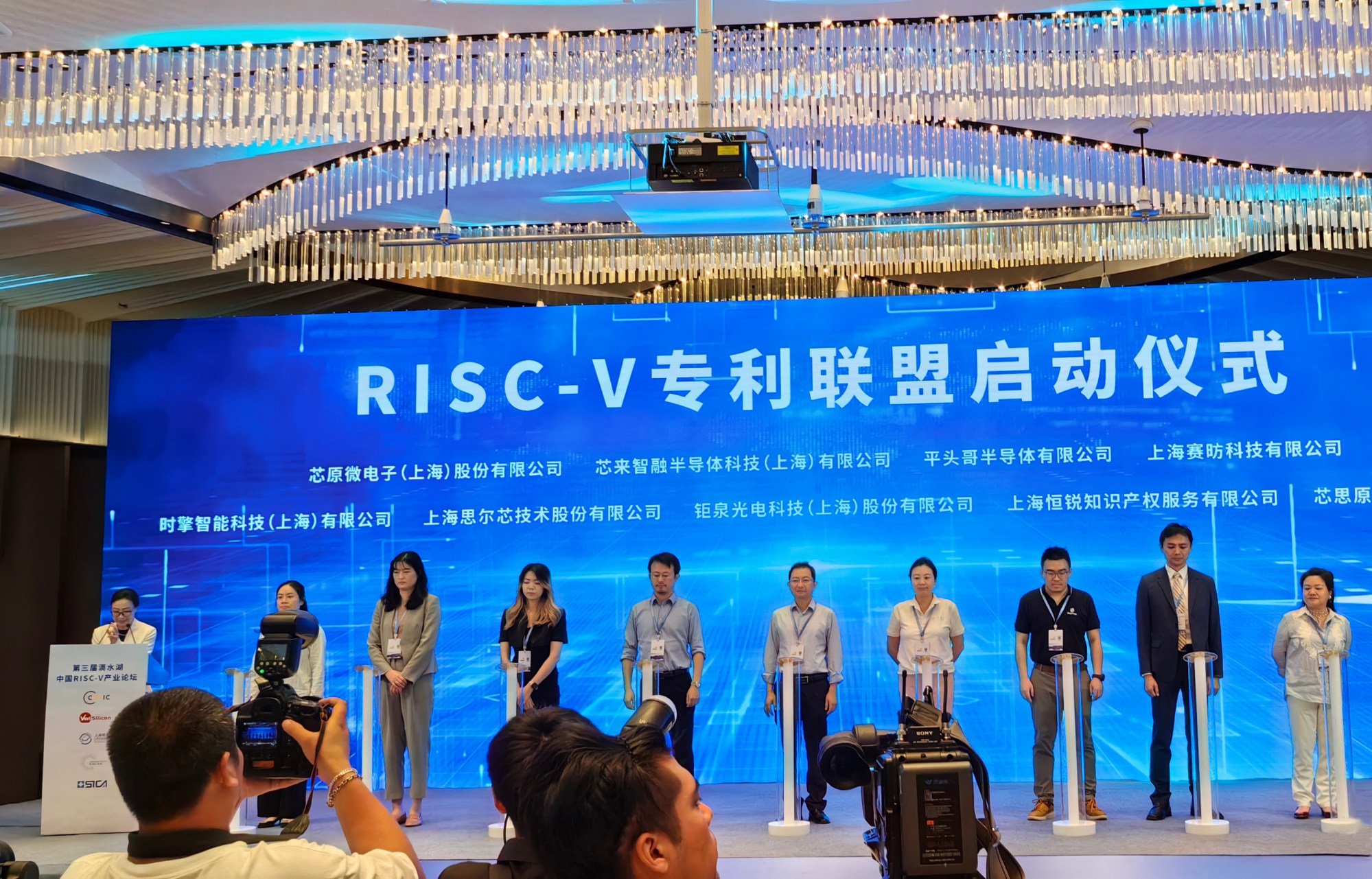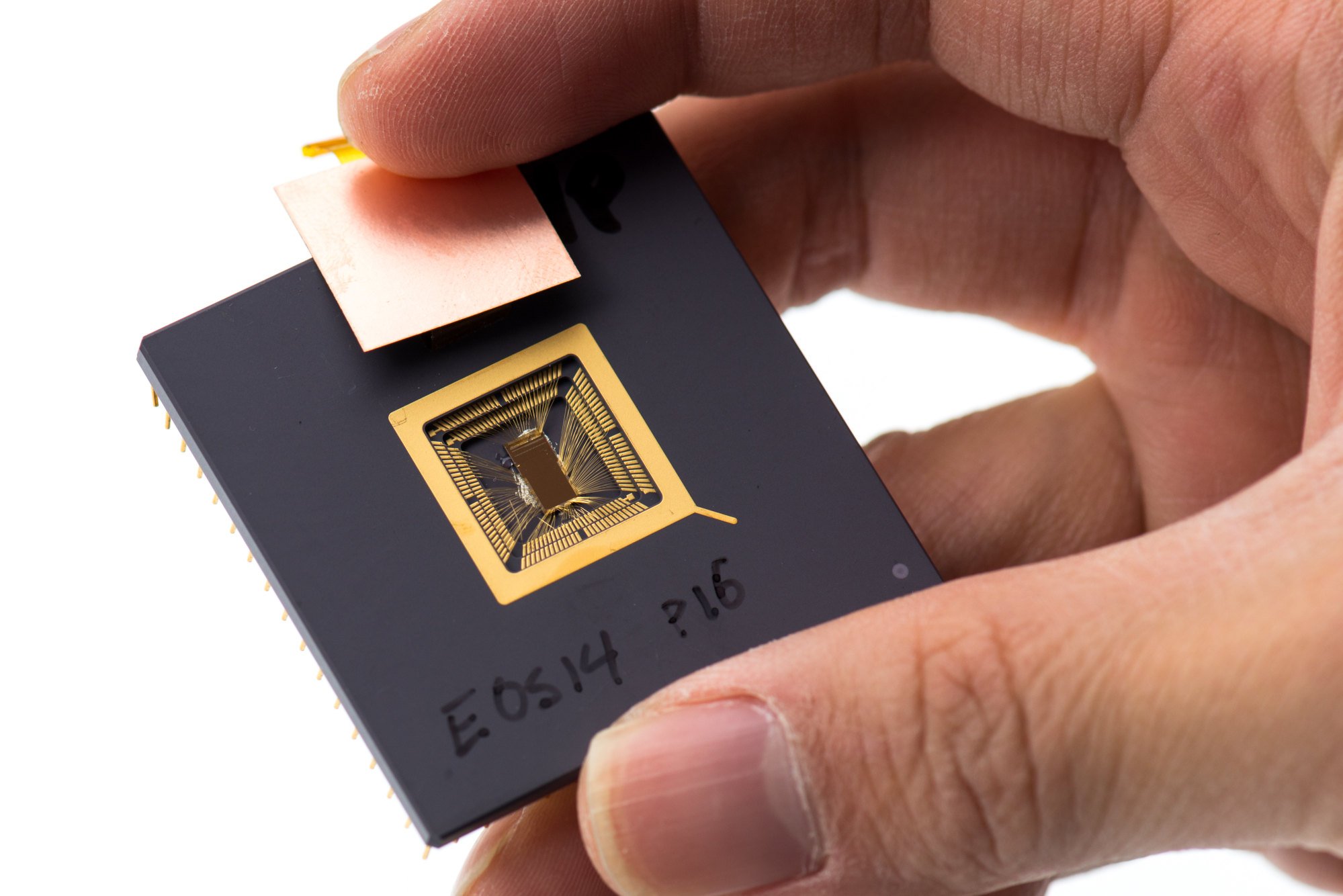
US sanctions on RISC-V chip tech would play straight into China’s hands
- A US pull-out would leave China the most powerful player in developing and setting standards for the leading open-source chip technology, disadvantaging American companies and giving Chinese firms a critical boost
The software isn’t owned by any one entity. It is managed by the Switzerland-based non-profit RISC-V International, which comprises more than 4,000 companies (including Qualcomm, Google, Huawei and Tencent) that collaborate to define the technical specifications.

In the case of RISC-V, China has already nurtured a widespread ecosystem. The country has more than 300 companies developing products using RISC-V and accounts for more than half of the market share of RISC-V chips shipped worldwide. China is second only to the US in terms of hi-tech start-ups and manpower dedicated to developing RISC-V and could overtake it by 2030. A US withdrawal from RISC-V would simply speed up China’s pre-eminence.
When I worked at Kingston Technology, the world’s largest memory chip maker, we strived to join and lead the various international standards committees. It was no secret, we sought to influence the next generation of memory products in our favour. Our annual capital expenditures, revenue forecasts and personnel hires often depended on how these committees tweaked manufacturing and technical specifications. South Korean, Taiwanese and mainland Chinese firms did the same.
The fallout would put American firms at a competitive price disadvantage. They would also lose out on the technical advantages that RISC-V offers: faster development cycles, better performance and reduced power consumption. Never mind that RISC-V is completely free, whereas competitors Arm and Intel charge anywhere from US$1 million to US$10 million in licensing fees and up to 2 per cent in per-chip royalties. (Last year, Arm’s annual revenue topped US$2.6 billion.)

Were China to control the future of RISC-V, Chinese firms could one day lead the world in next-generation products for some of the world’s most important industries, including consumer electronics, automotive and aerospace.
Washington has yet to make a convincing argument that RISC-V poses a clear and present danger to national security. RISC-V’s architecture is largely developed by consumer-oriented firms that produce smartphones, automotive electronics and kitchen appliances. For instance, Meta announced it is employing RISC-V to run some of its AI computing, while Google and Qualcomm will jointly develop RISC-V-based wearable devices.
In the end, a US exit from the RISC-V market would play directly into China’s hands. It would grant Beijing exactly what it wanted: unrestricted access to a leading-edge chip technology with no American strings attached.
Moreover, America’s voluntary abdication of RISC-V stakeholder status would reduce the country’s global influence. US allies would be forced to make an uncomfortable choice about whether to abandon a budding but promising technology. Their decisions might well disappoint American China hawks.
Biden’s recent chip sanctions have had limited success in hindering China and enhancing American security. A decision to pull out of RISC-V would not only fail by those metrics; it would strengthen America’s biggest rival. The operative word again is backfire.
Stanley Chao was previously executive vice-president of US chip maker Kingston Technology and is the author of “Selling to China: A Guide for Small and Medium-Sized Businesses”

